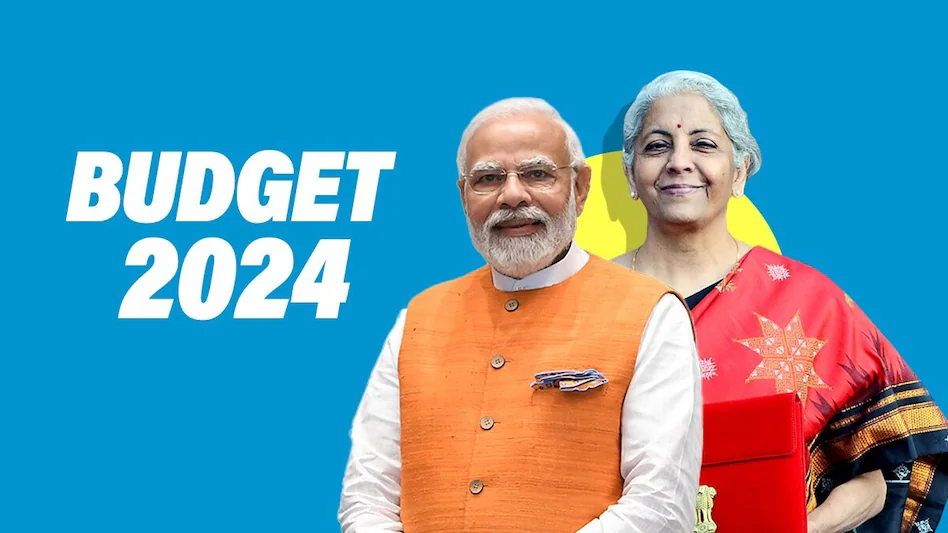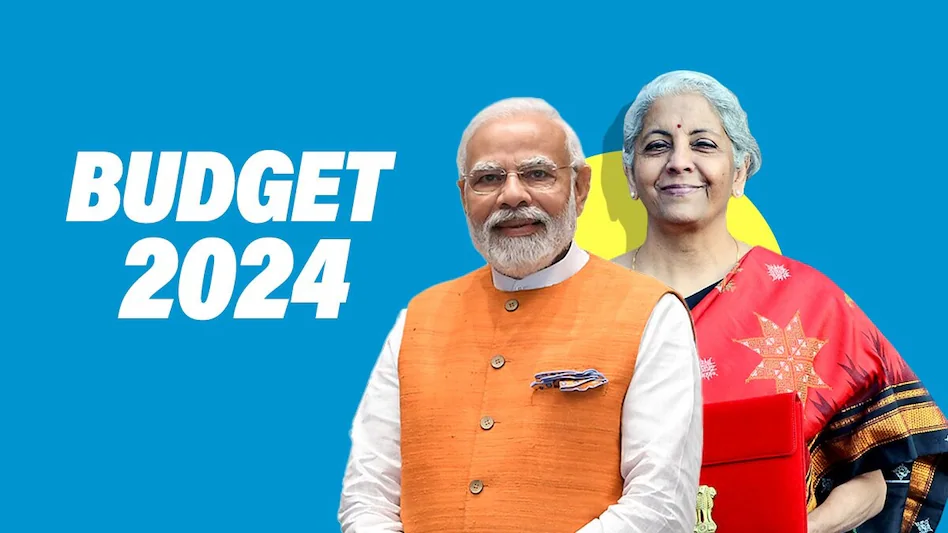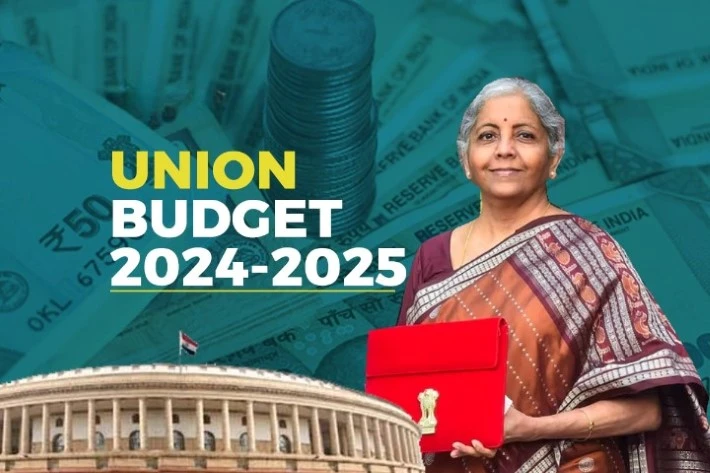Table of Content
▲
The 2024 Union Budget, presented by Finance Minister Nirmala Sitharaman, introduces a series of transformative measures aimed at revolutionizing the real estate sector, highlighting the government’s commitment to fostering nationwide economic growth.
Affordable Housing Initiatives
The PM Awas Yojana-Urban 2.0 is designed to address the housing needs of 1 crore poor and middle-class families, driving significant demand for affordable housing. With an allocation of Rs 2.2 lakh crore for urban housing over the next five years, this initiative will accelerate construction projects, enhance urban infrastructure, and improve living conditions, attracting further investments into the urban real estate market.
Focus on Industrial Workers
The budget proposes rental housing with dorm-like accommodations in Public-Private Partnership (PPP) mode to meet the needs of industrial workers. This move is expected to promote growth in labor-intensive sectors and create opportunities for developers specializing in rental and affordable housing.
Boost to Industrial and Urban Development
A major highlight is the development of an industrial node on the Amritsar-Kolkata Industrial Corridor, including Gaya. This will stimulate demand for both commercial and residential properties, enhance connectivity, and boost economic activity. Additionally, transit-oriented development plans for 14 major cities will promote mixed-use properties around transit hubs, leading to increased real estate activity and improved urban planning.
Investment in Infrastructure
The budget's proposal to develop "plug and play" industrial parks in or near 100 cities aims to attract industrial investments and stimulate demand for industrial real estate. This will also support ancillary services and residential developments in these areas.
Also Read: Budget 2024: FM allots Rs 10 lakh crore towards PMAY Urban
Tourism and Cultural Development
The transformation of the Vishnupad and Mahabodhi Temple Corridors into premier tourist destinations will boost the tourism and hospitality sectors, driving demand for commercial real estate like hotels and retail spaces. Similarly, developing Nalanda as a tourist center and reviving Nalanda University will enhance the region's cultural and educational appeal, attracting investments in related real estate.
Rural Connectivity and Development
Phase IV of the PM Gram Sadak Yojana, which focuses on improving rural connectivity, will make these areas more accessible for investment and development. Better infrastructure is expected to spur real estate activity in rural regions.
Long-Term Interest-Free Loans
The provision of Rs 1.5 lakh crore in long-term interest-free loans for infrastructure development will enhance connectivity and amenities, making regions more attractive for residential and commercial investments.
Overall Impact
The 2024 budget’s emphasis on housing, infrastructure, and urban development is poised to invigorate the real estate sector. By addressing diverse needs—from affordable housing to industrial and urban infrastructure—the budget aims to foster balanced and inclusive growth. Real estate developers, investors, and stakeholders can anticipate increased opportunities and a supportive policy environment in the years ahead.
Also Read: Budget 2024: Govt announces key infra plans, keeps capex unchanged



_1772441702.webp)





Ans 1. We remain confident in investing in India and believe that sectors such as manufacturing, infrastructure, MSME/mortgage credit and consumption will benefit greatly from the measures outlined in this budget.
Ans 2. Significant allocations are anticipated for railways (₹2.55 lakh crore, up 5%), roads, highways (₹1.68 lakh crore), and urban development. Support for Rural Economy and Agriculture: Increased allocation for rural development and agricultural sectors to enhance rural consumption and welfare.
Ans 3. The Real Estate Growth Rate in India The current Indian real estate industry is estimated to have a market size of $0.33 trillion. By 2029, it is expected to reach $1.04 trillion, demonstrating a growing CAGR of 25.60% during the forecast period (2024-2029).
Ans 4. Fast-Moving Consumer-Goods Sector (FMCG) The growing demand for healthy and organic products is one of the significant trends in the Indian FMCG industry. As consumers' awareness of their health increases, they look for natural, organic, and chemical-free products.
Ans 5. The consumption sector is also expected to benefit from certain sops announced in the budget, with housing finance and cement stocks likely to be key beneficiaries," said Sonam Srivastava, Manager and Founder, Wright Research.